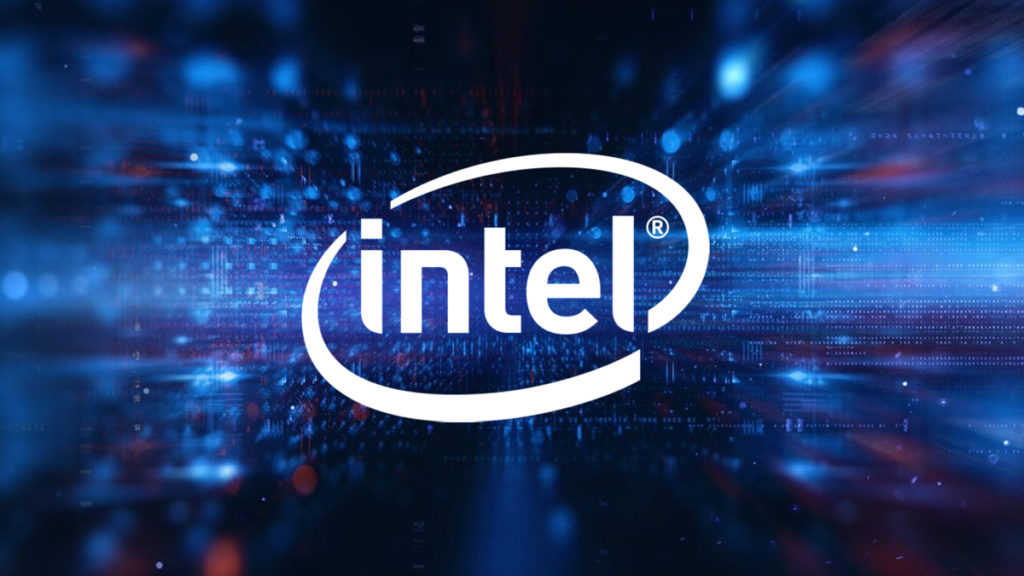
Intel has released a list of processors that are affected by a new vulnerability called special register buffer data sampling (SRBDS). Otherwise known as “crosstalk,” this is an execution attack that, as the company explains, “may allow data values from special registers to be inferred by malicious code executing on any core of the CPU.”
“On some processors, the data returned for a special register read is staged in a shared microarchitectural buffer and then transferred to the microarchitectural fill buffer within the physical core that performed the read,” elaborated Intel.
“That core can then use the value from the microarchitectural fill buffer (for example, the core could copy the value into software-visible registers). This shared buffer is often larger than the data being read (the buffer is usually the size of a cache line), and different special register reads may use different offsets within the shared buffer.”
In other words, SRBDS/crosstalk involves data leakage between processor cores. As ArsTechnica points out, this is “the world’s first-known speculative execution attack that works across CPU cores.”
You can find the full list of processors affected by the vulnerability here, which, fortunately, does not include Intel’s latest 10th Gen processors (Comet Lake and Ice Lake). Numerous Xeons and older generations of Core products are impacted, however.
